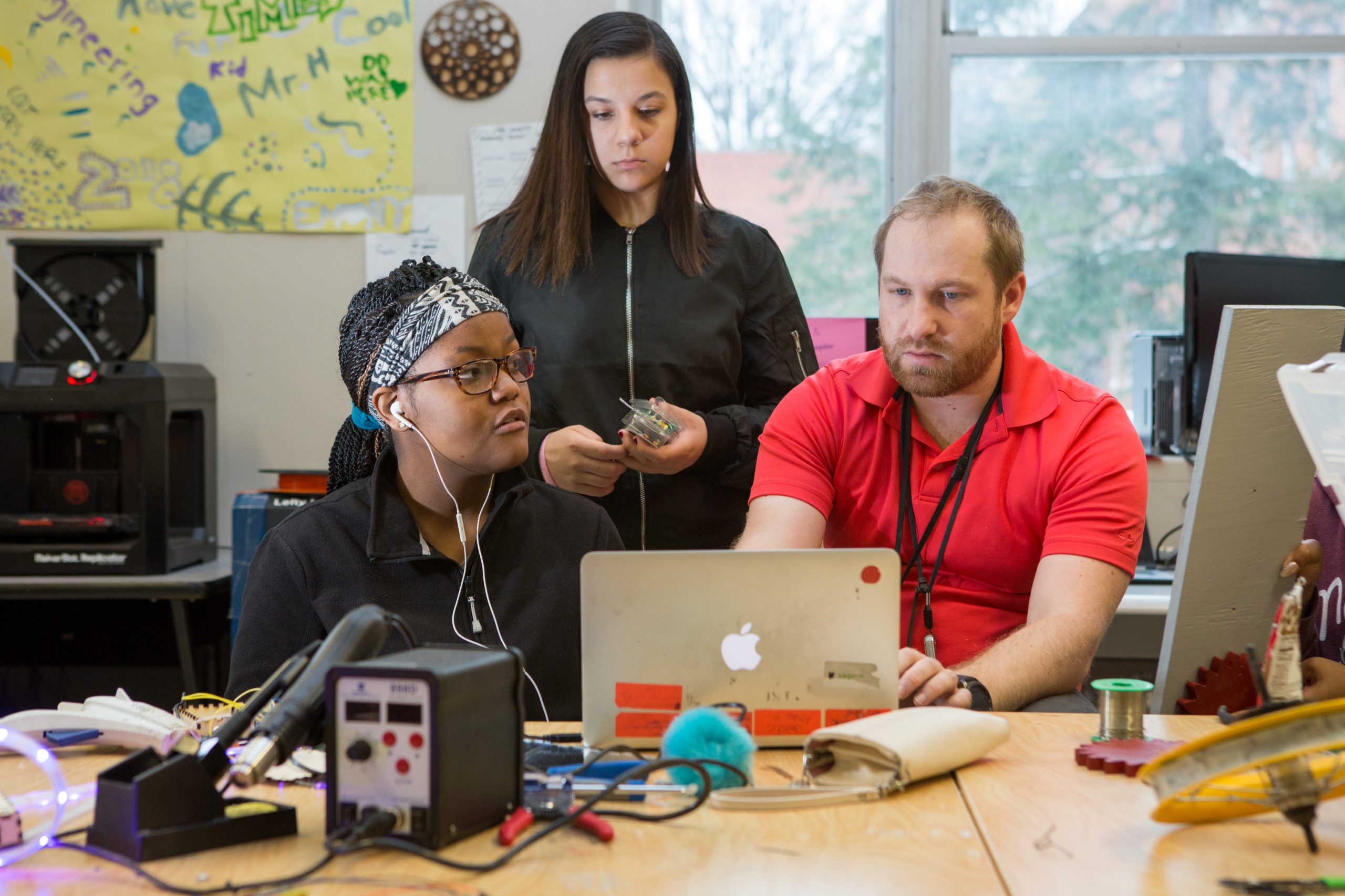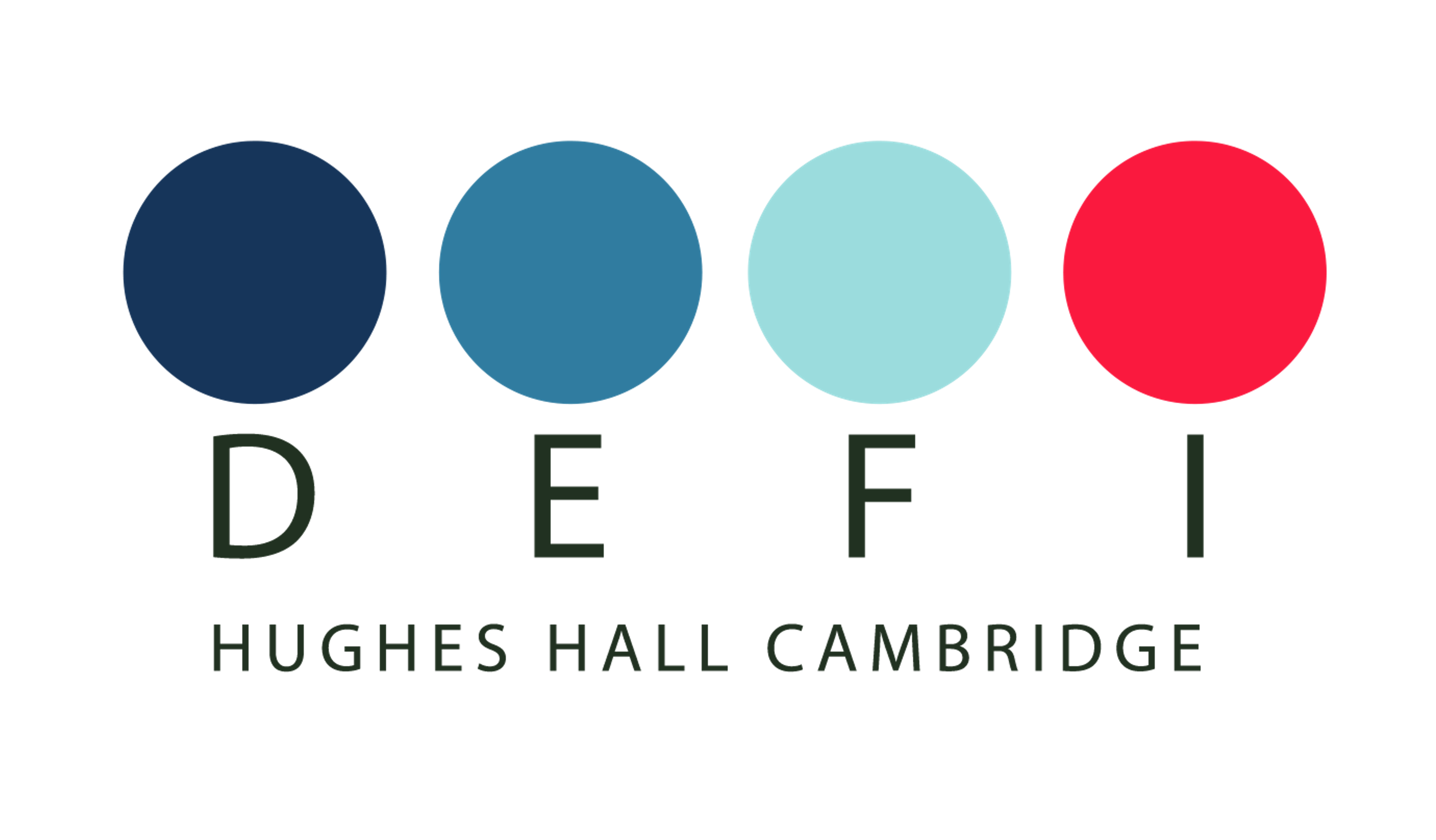DEFI Future Skills report
What today’s learners need for tomorrow’s workplace

If the skills of the past won’t prepare the learners of today for the challenges of the future, where should we focus our energies instead?
There’s a common perception that the future will present new and possibly more serious challenges for society, that new skills will be needed to meet these challenges, and that workers may need to be reskilled as old jobs are automated, environmental and health crises change the nature of work, and concepts of identity and well-being evolve.
Our researchers found 99 frameworks containing 341 skill concepts, and identified nine categories that provide a starting point to inform the integration of Future Skills in education. What unites them all is the belief that these are skills individuals will need to overcome complex and as yet unknown challenges.
Current ways of life simply seem less certain for the next generation. How can education systems help prepare students for an unpredictable and seemingly threatening future?
Members of the Innovation Lab at the Digital Education Futures Initiative, Hughes Hall, Cambridge, undertook a rigorous scoping review. The meta-categories listed below were developed through the use of both thematic analysis and Social Network Analysis (SNA), representing the first time that a comprehensive review of frameworks has incorporated academic articles, policy documents, white papers, and grey literature from both private and public institutions.
This information is designed to be used by a range of professionals, including:
- School-based practitioners
- Human resource professionals
- Policy makers
- Educational technology developers
We hope the meta-categories provided in this review will help you to prioritise the integration of certain skills into teaching, learning and retraining, to ensure that today’s students and professionals are better prepared to thrive in an uncertain future.
Top 9 Future Skills categories
Higher-order thinking skills
Refers to cognitive tasks requiring the synthesis of multiple pieces of information. This category describes skills that individuals must have to exert agency in complex systems. Decision-making, problem solving, and systems thinking are common skills used in reference to this category.
Decision-making
Problem-solving
Critical thinking
Dialogue skills
Allows individuals to develop productive and meaningful relationships with others. An individual with high proficiency in interpersonal skills can demonstrate an ability to listen, observe, communicate effectively, and collaborate with others.
Collaboration
Communication
Listening
Digital and STEM Literacy
Information communication technology encompasses the skills needed to navigate in a digital world. This includes computational thinking, which refers to programming skills and the ability to develop digital content. Individuals will also need to understand how to stay safe online.
Computational thinking
Digital literacy
Online safety
Values
Refers to moral principles within an individual that guide their behaviour. Individuals should exhibit a knowledge of their responsibilities as citizens and demonstrate a global awareness. Global awareness refers to a willingness to embrace diversity and to act in a way that ensures the sustainability of the environment .
Citizenship
Sustainability
Global awareness
Self-management
This category refers to individuals’ ability to regulate their own emotions, actions and work, including their attitudes about themselves and their goal-setting efforts and progress. In this way, this category encompasses aspects such as resilience, emotional intelligence, self-discipline and self-confidence.
Intra-personal skills
Resilience
Emotional Intelligence
Positive Attitudes
Lifelong Learning
Active, lifelong learning is concerned with individuals’ ability to reflect on their own learning and cognitive processes, and their willingness to learn throughout their lifetime. Relevant skills include metacognition and active learning.
Learning to Learn
Metacognition
Willingness to Learn
Leadership
People must be able to lead both within their personal lives and in their vocation. Leadership skills include being able to set goals, having a sense of purpose, planning and organisation skills, responsibility, assertiveness, context awareness, vision, and autonomy. When working with others, leaders delegate responsibilities, help others develop and can manage projects .
Sense of Purpose
Goal Oriented
Responsibility
Enterprise skills
More than half of the reviewed frameworks mentioned a term related to innovation and creativity. This category refers to the individual’s ability to creatively think and apply their knowledge and imagination to develop new ideas, concepts, solutions, content, and even business ventures. Furthermore, it requires being courageous to take the risk in doing so.
Curiosity
Inquiry
Courage
Flexibility
In response to the rapidly changing world, people are expected to easily adapt to new situations and circumstances. In this regard, flexibility, agility, learning agility, improvisation, multi-tasking, and adaptability were skills mentioned in more than 15 frameworks.
Executive function
Multi-tasking
Agility
Read the DEFI Future Skills report
The full report from the DEFI Innovation Lab, A Scoping Review of Future Skills Frameworks, was published in February 2022 in Irish Educational Studies. Click below to access the full report, which is available as an Open Access document.


